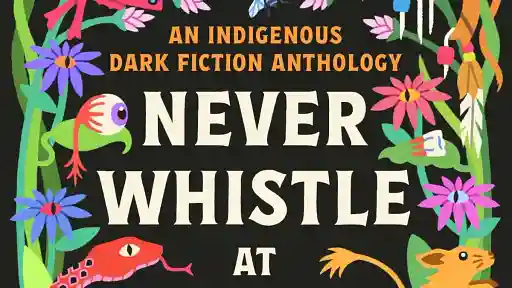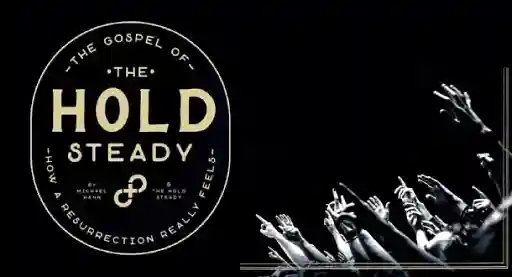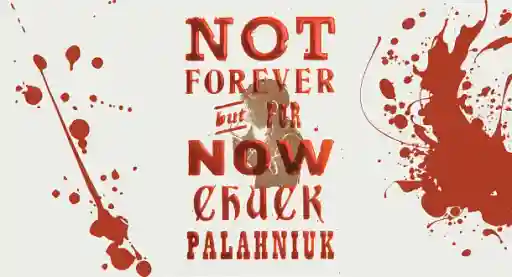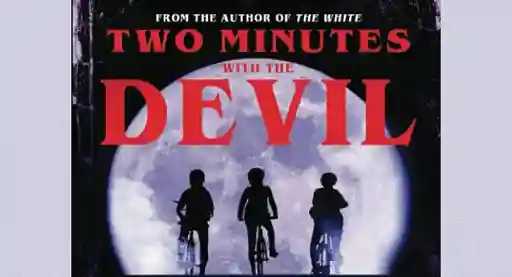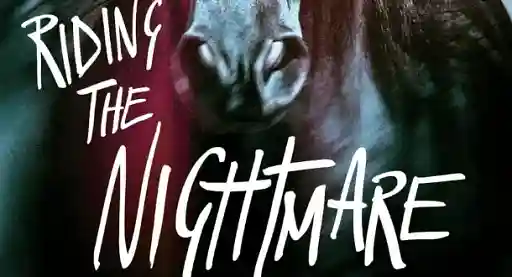Bookshots: Pumping new life into the corpse of the book review
Title:
David and Goliath
Who Wrote It?
Malcolm Gladwell, interestingly coiffed journalist, speaker and influential thinker.
Plot in a Box:
Gladwell looks into what really makes society’s winners and losers and explodes a few myths along the way.
Invent a new title for this book:
Why Being the Underdog Does Not Always Suck
Read this if you liked:
Any ‘minority report’ journalism: Levitt and Dubner's Freakonomics, Bait and Switch by Barbara Ehrenreich, You are Not So Smart by David McRaney
Meet the book’s lead:
As the title suggests Gladwell's book contains two leads:
Goliath - the misplaced assumption that power and money make for success
David - the misplaced assumption that the little feller cannot win
Said leads would be portrayed in a movie by:
Goliath - a cigar-chewing Arnold Schwarzenegger (or possibly, if you want to represent orgiastic excess, a cigar-chewing Paris Hilton)
David - any actor who excels at unlikely heroes or love interests. Jay 'She's Out of Your League' Baruchel would be perfect.
Setting: would you want to live there?
Gladwell describes a world where being big, powerful and rich doesn’t guarantee you’ll win. I’m in!
What was your favorite sentence?
Slightly off-topic but this quote encapsulates Gladwell's easy, engaging style:
Paul Cézanne, tall and gruff, would come and sit moodily in the corner, his trousers held up with string.
The Verdict:
I’m a big fan of Gladwell’s work, mainly because I agree with his general worldview that our lives are governed by processes, both internal and external, over which we have little or no control. That was very much the point of Outliers and it’s a theme he continues in David and Goliath. An expert at picking examples which both excite our sympathies and curiosity, Gladwell casts his net wide, traveling from Vichy France to Northern Ireland during the Troubles, taking in a New England elementary school, a Rhode Island college, and London during the Blitz in his quest for interesting new insights.
Gladwell tells his story persuasively, peppering the narrative with enough fascinating detail to keep the pages turning. Even his re-examination of the original David and Goliath myth unearths some interesting new perspectives, one being that Goliath may have lost to David because he suffered from acromegaly, a condition which gave him his huge stature, but also double vision. Gladwell’s thesis is that many modern Goliaths suffer from similar hidden weaknesses: the British Army who completely failed to crush Catholic insurgents during the 1970s, the Luftwaffe who similarly failed to crush the spirit of Londoners: and that Davids can often prevail: the village in occupied France which blatantly defied Nazi orders to give up its Jews, the dyslexics and orphans who turn early disadvantage into the grit and determination required for later triumph.
Once Gladwell steps away from his best examples, his vision, like Goliath’s, becomes a little blurred. Some of the stories, while thought provoking, don’t play to the core concepts. An examination of two parents’ reactions to the murder of their children – one who campaigned and successfully obtained the now-notorious California ‘three strikes’ law, one who decided to come to terms with what had happened – does serve to demonstrate that the accepted narrative, in this case trying to derive some benefit from a horrific event, doesn’t always get the result we expect, but also takes a step too far away from the idea of hidden weaknesses and strengths to sit comfortably with the rest of the book.
But if Gladwell strays from the path, that can be forgiven. David and Goliath is a supremely entertaining read from one of the masters of social science journalism.

About the author
Cath Murphy is Review Editor at LitReactor.com and cohost of the Unprintable podcast. Together with the fabulous Eve Harvey she also talks about slightly naughty stuff at the Domestic Hell blog and podcast.
Three words to describe Cath: mature, irresponsible, contradictory, unreliable...oh...that's four.
